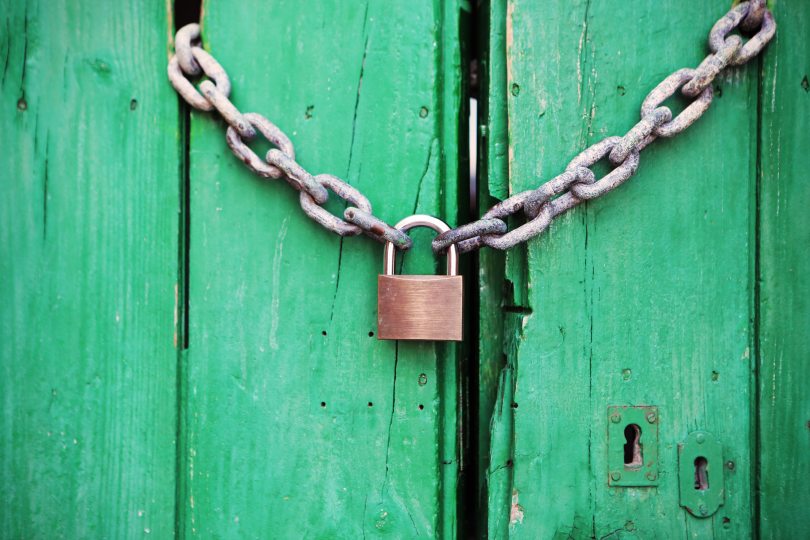For the past few months, I’ve been exploring the highly riveting world of credit reports. Without going into the details (because I don’t want to put you to sleep), I’ve had to obtain copies of my UK credit reports, and understand what they are telling me, because I still can’t get a credit card in the UK.
As part of this research, I’ve dipped into the world of identity theft – or, more precisely, understanding how I can prevent someone from stealing mine. I thought it might be helpful to share what I’ve learned, so here you go!
Checking your credit
I’ve now checked my credit report with all reporting agencies in both the US and the UK. While there were no major surprises for me, this is a great thing to do, to make sure you don’t have any old, open credit cards that you don’t use anymore. (I have so many cancelled cards that I don’t even remember having – I’m so glad that Younger Kate was responsible enough to cancel them!) The best thing was, I discovered I had an AmEx that I never use anymore, with $150 of rewards sitting on it!
Bottom line: Set aside a morning to do this all in one go – and track it in a spreadsheet so you know when you last did it. Hopefully, it’s just a standard check – but you never know what you may find.
Restricting access to credit
There are two ways to restrict access to credit (in the US): a credit freeze, and a credit lock. Both have many similar features:
- Locking or freezing your credit restricts access to your credit report, something that a lender needs to do before opening a new line of credit for you.
- Neither action affects your credit score or your ability to check your report.
- If you want to open a new credit card account, apply for a job, rent an apartment, or get insurance, you’ll need to lift the freeze or lock.
- Neither prevent a thief from making charges to your existing accounts (you’ll still need to monitor these)
To be honest, it was difficult to find any meaningful differences between the two in terms of functionality. Credit freezes are governed by federal law, but I didn’t read anything that convinced me this was a real benefit. A credit lock is simpler and can be done instantaneously and, unlike a credit freeze, is typically free (no fee for TransUnion and Equifax, $10/month at Experian).
There’s also a third option called a fraud alert, which means that creditors must take additional steps to verify your identity before accessing your credit report.
Bottom line: This is not for everyone. It costs money (if you do a freeze), and the process for lifting a freeze can take up to three days. If you live in the US and want to easily access new lines of credit (credit card applications, mortgage applications, loan applications), it’s probably not for you. But if you’re an expat, or you just don’t see the need for anyone accessing your credit reports anytime soon, it may be helpful to freeze or lock your credit for peace of mind.
Password breaches
I also visited Have I Been Pwned? to check whether either my usernames or my passwords have been exposed in a data breach. Have I Been Pwned? is a website that aggregates information from various data breaches into a searchable database. At first I was skeptical – after all, wouldn’t this be the perfect way to trick people into voluntarily sharing their information with hackers? However, I’ve read a few articles on it, and it seems to be legit, so I gave it a try.
The most useful part of the site for me was the password search, where you can discover whether any of your passwords have been exposed. I learned that while my “everyday” passwords – which I thought were quite basic and boring – were safe, the password that I use with my bank accounts had been breached. Right, time to change that one!
Bottom line: We’ve got no idea how often data breaches are happening, so the best defense is a good offense 😉
Further Reading
- Credit Freeze FAQs (FTC)
- Here’s why you probably don’t want to freeze your credit (Huffington Post)
- Credit lock vs. credit freeze: What’s the difference? (NerdWallet)
- Best websites to find out if you’ve been hacked (Digital Trends)

